 Photo from Max Pixel
Photo from Max Pixel PARSHA: B’SHALACH, EXODUS 14:10-12
“As Pharaoh drew near, the Israelites caught sight of the Egyptians advancing upon them. Greatly frightened, the Israelites cried out to the Lord. And they said to Moses, ‘Was it for want of graves in Egypt that you brought us to die in the wilderness? What have you done to us, taking us out of Egypt? Is this not the very thing we told you in Egypt, saying, “Let us be, and we will serve the Egyptians, for it is better for us to serve the Egyptians than to die in the wilderness”?’ ”
Rabbi Eve Posen
Congregation Neveh Shalom, Portland, Ore.
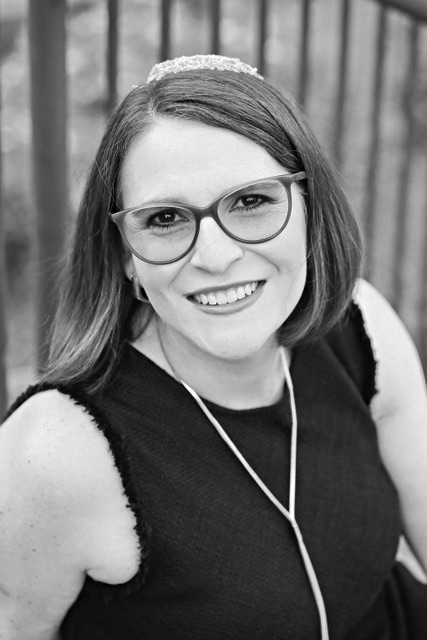
As a parent of young children, I live in a world of contradictions. I always have two simultaneous thoughts running through my head: wanting my children to remain forever in the stage they are currently in, and at the same time, wanting them to move out of this terrible phase and mature already. And it never fails: The minute they’ve reached a new milestone, I go through the same emotions again.
A popular way to examine the relationship between God and the Israelites is as that of parent and child, and the notion of stages of growth fits that comparison perfectly. When they found themselves in Egypt, naturally the Israelites were unhappy as slaves. The minute they were free, the harsh realities of that freedom made them yearn for the comfort of what was familiar.
This tendency is human at a basic level. No situation, no moment in time is going to be without its own harsh realities. In reading about this phase of the Israelites’ journey into freedom, we are reminded to take a step back and reflect as objectively as possible before proceeding. We can attempt to wish away the phase, or we can stand up and set about doing the work necessary to change the reality into something better.
Does that mean I won’t long for the days of easier airplane trips and reliable nap schedules? Of course not. But I will do so knowing I made the most of each phase to prepare myself for the next one.
David Sacks
TV writer who podcasts at Torahonitunes.com
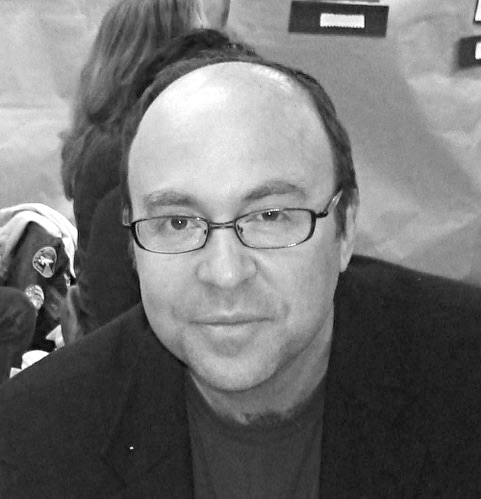
Because I make my living as a comedy writer, people sometimes ask me if God has a sense of humor. My answer is that God created humor. When you look at the Torah, the clearest example of an actual written joke is when the Jews ask Moshe if he brought them to die in the desert because … “there weren’t enough graves in Egypt.”
It’s total sarcasm and, in my opinion, hilarious. Which brings us to a deeper question: Why create humor? According to the Baal Shem Tov, humor brings a person’s mind from a place of constricted consciousness to a place of expanded consciousness.
When you’re in a place of expanded consciousness, you see the totality of creation before you. You see God’s presence and goodness acting upon everything. And you realize that anything and everything that happens is an expression of HaShem’s love for us — whether we can understand that in the moment or not.
Constricted consciousness is, of course, the opposite: the understandable impulse to take things too literally, believing that events are not a part of something greater. Humor and laughter, while great in themselves, are actually subsets of a larger topic: joy. One of the surprising things I learned when I started studying Torah was the importance Judaism puts on happiness. As Rebbe Nachman put it, people are sad because nothing is going right for them. But what they don’t realize is that nothing is going right for them because they’re sad.
Rabbi Ari Lucas
Temple Beth Am
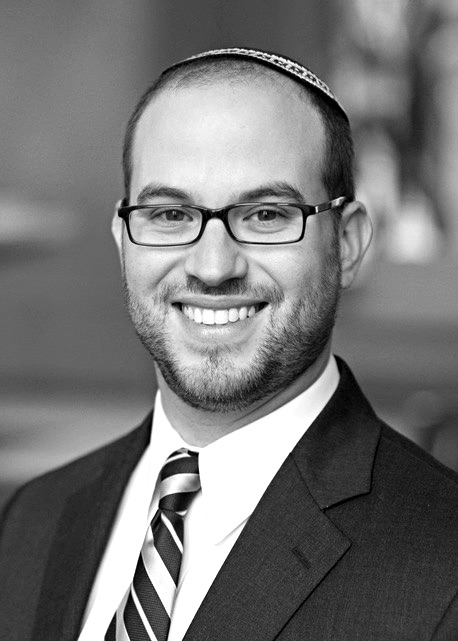
In hindsight, the choice to move from slavery to freedom seems inevitable. But it rarely is. Patrick Henry famously proclaimed, “Give me liberty or give me death.” But the Israelites in this passage seem to be saying, “If liberty means death, then we’re OK with slavery.” Not exactly the romantic freedom cry one might hope for from our Israelite ancestors.
Yet their expressions of reluctance carry an important lesson — that freedom requires making an active choice to leave the comforts of the status quo. In Henry’s time, there were Tories who preferred loyalty to the British crown to revolution. Gallup polls from the early 1960s show that large portions of Americans disapproved of the actions of the Freedom Riders and others engaging in civil disobedience for racial justice.
History and Torah remind us that the path toward freedom is rarely, if ever, inevitable. We must leave behind the comforts of the status quo — the world as we knew it — for the unknown dangers of the wilderness. In fact, every one of the Israelites who left Egypt will “die in the wilderness.” But Moses had the faith and courage to recognize that even if they did not reach the Land of Israel, their children would. Progress is not inevitable. It requires leadership, faith and courage — for us, just as it did for our ancestors.
Rabbi Mordecai Finley
Ohr HaTorah Synagogue, Academy for Jewish Religion, California
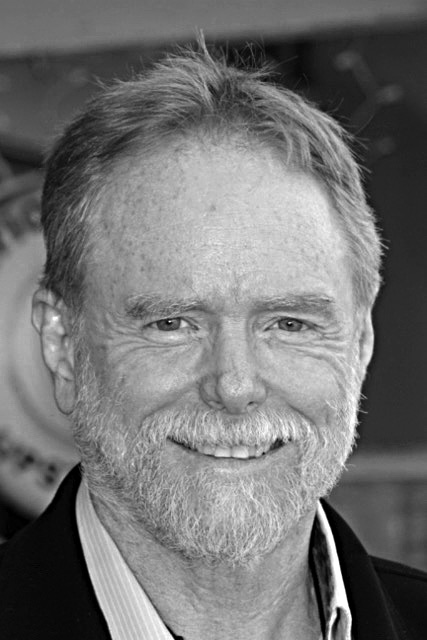
First take-away: Be careful of sarcasm with God. The Israelites could have said it straight: “We are afraid we are going to die here.” Instead, they belittle God (sarcasm is always belittling) and say “ … you brought us to die in the desert.” Perhaps it had not yet occurred to God that this generation should die in the desert. Through this bit of contemptuous irony, the Israelites put the idea in God’s mind. Perhaps God’s unspoken response was, “Now that you mention it … ” Nearly everyone of this generation actually does die in the desert. The Israelites put the thought in God’s mind — and divine thoughts have the tendency to become reality.
Second: What does sarcasm say about its speaker? As a form of irony, sarcasm is a version of saying something, but in a different way. Sarcasm is a punitive form of irony. The intention is to ridicule. It is a form of lashon harah, destructive use of speech, and ona’ah be’devarim, inflicting hurt through words. We know from the Talmud (Bava Metziah 59b) that God can tolerate nearly all sin — you do your time in gehinnom (purgatory) and then come up to eternal bliss. Only one category of person stays in hell — those who call people by derisive names in public. God can tolerate weakness, but not meanness through words. God does not want such folks in heaven, and apparently not in the Promised Land, either.
People think: I am angry and afraid, so I get to talk how I want. Not true.
Rabbi Sari Laufer
Stephen Wise Temple
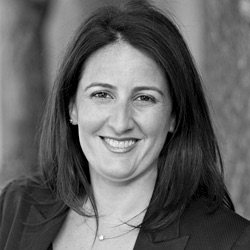
After a friend recommended that I follow @bymariandrew on Instagram, it started to seem as if Mari’s life somehow paralleled mine. Knowing nothing about her other than her illustrations, it seems that, like me, she is going through some big transitions — among them, moving. Last summer she posted an illustration showing a bunch of squiggly lines tangled together, captioned: “City Map When You First Arrive.” Next to that was a map with places labeled: Your best friend’s house. The best night of your life. Your favorite coffee shop. The caption: “How A City Map Looks When You’ve Lived There a While.”
Looking behind them in this moment, the Israelites see the city map they’ve always known. Even with its pain and fear, even with its degradation and narrowness, it is comfortable because it is known. Looking forward, the Israelites can see only the squiggly lines — the wilderness, the uncertainty … the unknown.
Kol hatchalot kashot, our rabbis teach. All beginnings are difficult. It is a teaching I have repeated often this year as my family and I started anew (back) here in Los Angeles.
It is hard to start over. It is hard to leave behind what we know, even when what we know is Egypt. It is hard to see only the squiggly, to not be able to imagine the map of a place you will come to love, a community you will come to build.
To step forward into the unknown is difficult and it is necessary. Then. Now.























 More news and opinions than at a Shabbat dinner, right in your inbox.
More news and opinions than at a Shabbat dinner, right in your inbox.